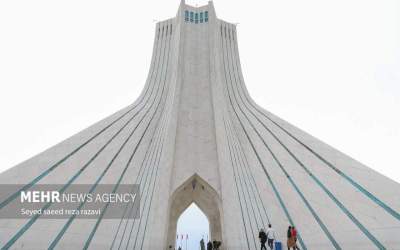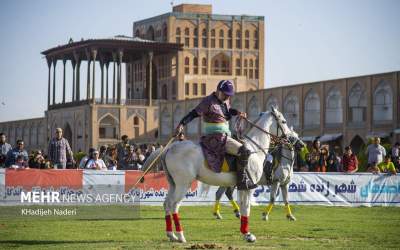Thursday 7 April 2016 - 16:05
Story Code : 208412
Strained US-Saudi relations threaten fight against Daesh
The normally strong alliance between�Washington and Riyadh has become increasingly rocky over�the past�year. At the top of�a growing list of�differences is the conflict in�Syria. While the kingdom has pushed for�the ousting of�Syrian President Bashar al-Assad, the US, changing its policy toward�the embattled Syrian President 180 degrees, has been working alongside�Russia to�negotiate a peace deal.
But the US has also proven itself largely unwilling to�commit ground troops to�fight Daesh on�the ground, and has long considered the involvement of�Middle Eastern allies, including Saudi Arabia, to�be a crucial part of�its anti-terror strategy.
US Defense Secretary Ashton Carter will meet with�Saudi Defense Minister Mohammad Bin Salman al Saud in�Riyadh later this month. At the top of�the agenda is the fight against�Daesh in�Syria and Iraq.
"We�ve got to�get these guys beaten and as�soon as�possible," Carter said during�a speech at�the Center for�Strategic and International Studies on�Tuesday. "We�re looking for�opportunities to�do more."
But Carter could have an uncomfortable stay. US officials speaking to�Bloomberg say that the Saudi defense minister feels slighted after�Carter failed to�promptly return a phone call in�February.
President Barack Obama�s recent interview in�The Atlantic doesn�t help matters. During a series of�unusually candid conversations, the President said that the Saudi government was a "free rider," and that he had no interest in�supporting Riyadh at�the expense of�the broader Middle East.
"An approach that said to�our friends 'You are right, Iran is the source of�all problems, and we will support you in�dealing with�Iran' would essentially mean that, as�these sectarian conflicts continue to�rage and our Gulf partners, our traditional friends, do not have the ability to�put out�the flames on�their own, and would mean that we have to�start coming in�and using our military power to�settle scores," he said.
In response to�this article, Turki al-Faisal, a senior Saudi prince, wrote an open letter to�the President, published in�the Arab News.
"No, Mr. Obama. We are not the 'free rider'�to whom you refer," al-Faisal wrote. "We lead from�the front and we accept our mistakes and rectify them."
"Obama�s comments on�sharing the neighborhood are interpreted very clearly in�Saudi Arabia as�Iranian power has to�increase and Saudi power has to�diminish," said Jon Alterman, director of�the Middle East program at�CSIS, according to�Bloomberg.
"For the Saudis, they see that they have to�continue fighting Iran, just from�a weaker position."
Of course, it may be too late for�a US-Saudi reconciliation. On Tuesday, the Financial Times noted that Riyadh is beginning to turn to�Russia.
"Alliances of�convenience are hardly new to�the Middle East. The will to�power of�entrenched regimes often coexists with�pragmatism, making strange bedfellows of�sworn enemies," the article read.
"[The] Saudis seem to�have decided to�work with�Moscow, in�the belief that it can influence Tehran."
By Sputnik News
# Tags










